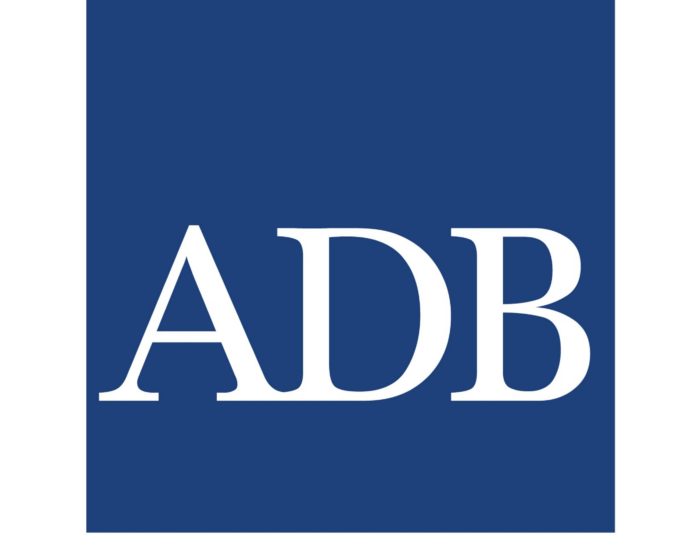DHAKA, Oct 25, 2018 (BSS) – The government today signed separate agreements with the Asian Development Bank for $610 million loan assistance against a programme and a project in the primary education sector and urban primary healthcare services.
The Manila-based lending agency will provide $500 million loan to support Bangladesh’s Fourth Primary Education Development Program (PEDP-4) that aims to provide quality education to all children from pre-primary to grade 5.
Besides, it will provide additional $110 million for improving access to urban primary healthcare services in Bangladesh through public-private partnerships (PPPs).
The loan agreements were signed by Economic Relations Division (ERD) Senior Secretary Kazi Shofiqul Azam and ADB country director Manmohan Parkash at the NEC-2 in the city’s Sher-e-Bangla Nagar area.
After signing of the deals, ADB country director Manmohan Parkash said, “The assistance for Fourth Primary Education Development Program (PEDP 4) will help improve primary education quality, equity, access and retention.”
Parkash said the $110 million additional financing would support the government to provide access to quality health services, especially for poor households in urban areas.
Under the PEDP-4 project, ADB will help the government to improve the quality and equity of primary education through the Fourth Primary Education Development Program.
The program aims to reduce double-shift operations at schools by recruiting more teachers and building more classrooms, step up teacher education and provide needs-based training for teachers and teacher educators, reform examinations and assessments, as well as enrich teaching and learning resources such as with digital materials.
It will also expand education services for out-of-school children through learning centers, bring more children with special education needs and disabilities to schools, improve school-level performance and management, and strengthen institutions.
To improve the learning environment, the program will provide gender-segregated and disability-accessible sanitation and safe water in almost all schools. New construction and major retrofitting will meet disaster risk resilience requirements, especially in disaster-prone areas.
To support decentralization, the program will strengthen the capacities of institutions at all levels of primary education offices and increase the support for schools and upazilas with more resources linked to their needs and performance.
The program is expected to directly benefit 18.6 million students, about 340,000 teachers, and more than 65,000 schools that are under the management of the Ministry of Primary and Mass Education.
The government will provide $13.2 billion of the total $14.7 billion program cost, while joint financing development partners, who, besides ADB, include the World Bank, United Nations Children’s Fund, and European Union, will contribute $1.38 billion. ADB’s loan will be disbursed over 5 years.
On the other hand, the urban primary healthcare services project is recognized as an innovative model of partnership between the government, which contracts out health service delivery, and service providers (mainly nongovernment organizations).
As originally financed in 2012 with a $50 million ADB loan and $20 million co-financing, it is one of the largest PPP projects for primary healthcare delivery in South Asia.
Previously, ADB provided a $40 million loan and $4.5 million co-financing for the first project to support health services in four cities during 1998-2005. A second project followed in 2005-2012 backed by a $30 million loan, $10 million grant, and $30 million co-financing widening the support to six cities and five municipalities.
As originally envisaged, the 2012 project covers 10 cities and four municipalities representing about 17 percent of the total 57 million urban population.
The additional financing will cover the cost of a 5-year extension to assist the government to strengthen local health systems and continue to expand the PPP system of contracting to service providers.
It expands coverage to an additional city and 10 municipalities, and will build eight additional reproductive healthcare centers and 24 primary healthcare centers.



